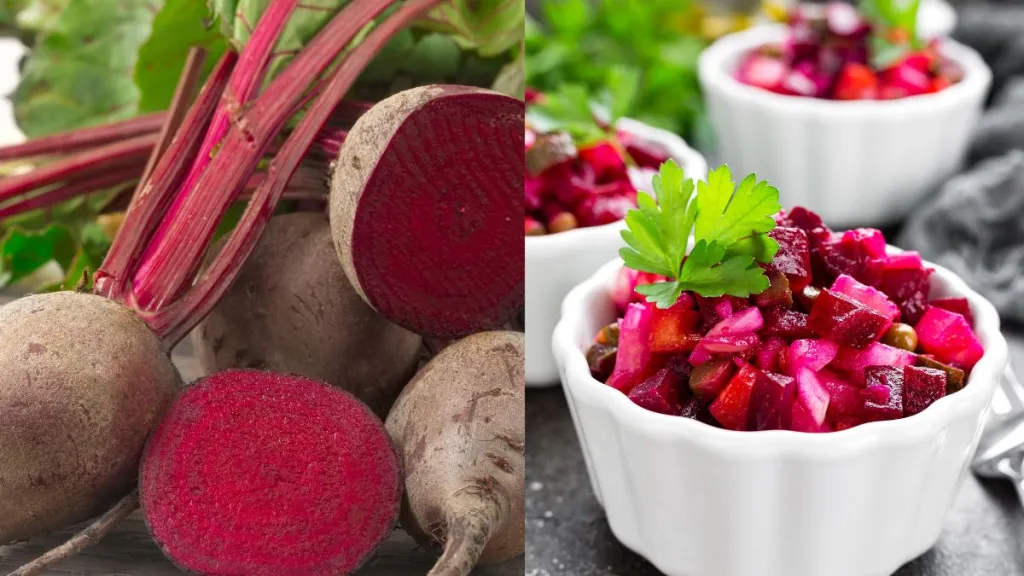Lucknow: Beetroot, known for its vibrant color and earthy flavor, is a nutritional powerhouse packed with fiber, essential vitamins, and minerals. From lowering blood pressure and cholesterol to fighting inflammation and boosting immunity, beetroot has long been hailed as a superfood. But when it comes to consuming this root vegetable, health-conscious individuals are often left wondering — is it better to eat beetroot raw or boiled?
To help resolve this dietary dilemma, experts and nutritionists have highlighted the pros and cons of both forms of consumption, revealing that the answer may depend on your personal health goals and digestive preferences.
The Case for Raw Beetroot
Raw beetroot retains more nutrients than its cooked counterpart, especially heat-sensitive compounds like vitamin C, folate, and betalains — powerful antioxidants that help fight inflammation and support detoxification. The high nitrate content in raw beetroot also contributes to better blood pressure regulation, increased bile flow, and improved liver enzyme activity.
“Raw beetroot is ideal for those aiming to detoxify their system, support liver function, and maximize their intake of antioxidants,” say nutrition experts. “Beet juice or grated raw beetroot salads are among the best ways to consume it for maximum benefit.”
The Case for Boiled Beetroot
Boiled beetroot, on the other hand, is easier on the digestive system, making it a preferable option for individuals with sensitive stomachs. Boiling softens the fibrous texture and breaks down complex compounds, reducing the chances of bloating or stomach discomfort.
Interestingly, boiling also lowers oxalate levels — compounds that can contribute to kidney stone formation in some individuals. Additionally, cooked beets offer more accessible soluble fiber and resistant starch, both of which are helpful for regulating blood sugar levels.

“For people with diabetes or gastrointestinal concerns, lightly boiled beetroot might be a more suitable option,” nutritionists recommend. “Just ensure it’s cooked quickly and with minimal water to preserve its nutritional value.”
So, What Should You Choose?
Ultimately, the decision between raw and boiled beetroot depends on your health priorities:
-
Go raw if your goal is detoxification, liver health, and maximum nutrient retention.
-
Go boiled if you need a gentler option for digestion or are managing kidney health or blood sugar issues.
Both forms are healthy and beneficial, and incorporating a mix of the two in your diet could offer a balanced approach to nutrition. Whether grated into a salad, blended into juice, or served warm in a dish, beetroot continues to be a versatile and health-boosting ingredient worth keeping in your kitchen.










